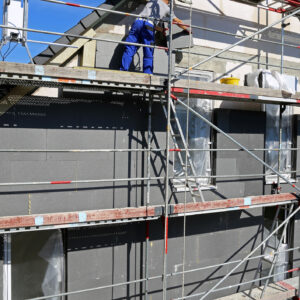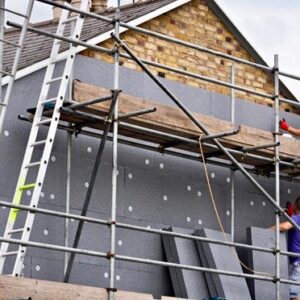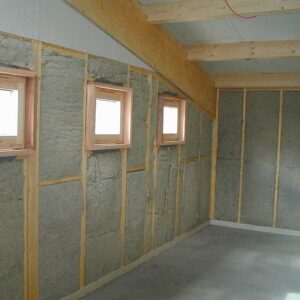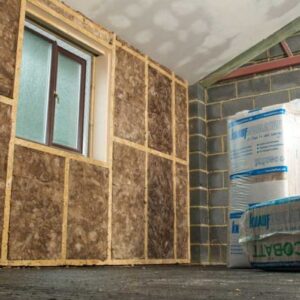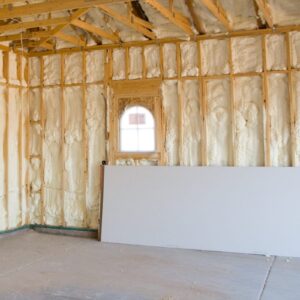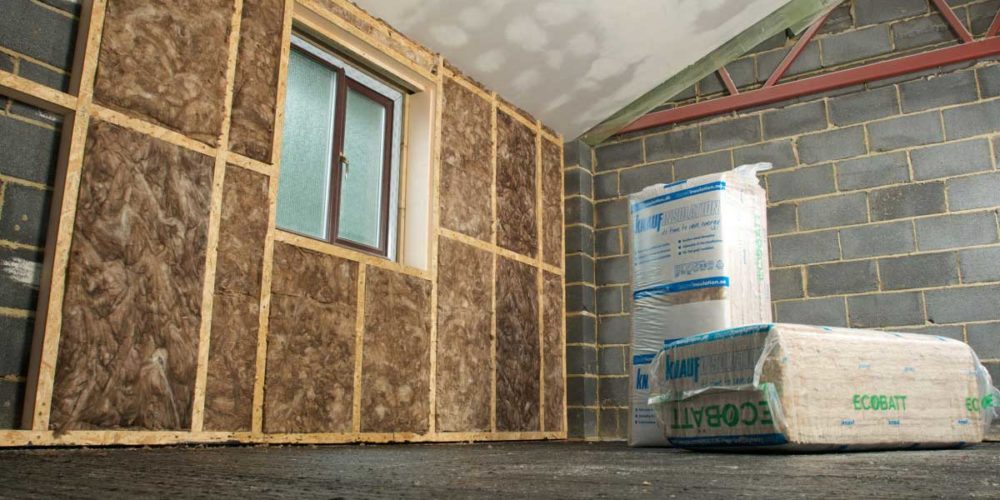
Solid Wall Insulation
At Fastway Constructions Ltd, we are qualified cavity wall and loft insulation installers and believe our service is one of the best ways to insulate your home. We offer a free survey on domestic and commercial insulation instalment and removal, and provide you with a detailed quote of your individual requirements on completion of the survey.
Benefits
- Protect your home from heat loss
- Save money on your heating bill
- Lower your carbon footprint
Insulating your solid walls could cut your heating costs considerably, and make your home more comfortable.
If your home was built before the 1920s, its external walls are probably solid walls rather than cavity walls.
- Solid walls have no gap, so they can’t be filled with cavity wall insulation.
- Cavity walls are made of two layers with a small gap or ‘cavity’ between them.
Solid walls can be insulated though – either from the inside or the outside. This will cost more than insulating a standard cavity wall, but the savings on your heating bills will be bigger too.
If the brickwork has been covered, we can also tell by measuring the width of the wall. Examine a window or door on one of your external walls.
- If a brick wall is more than 260mm thick then it is probably a cavity wall.
- A narrower wall is probably a solid wall. Stone walls may be thicker still but are usually solid.
If you live in a house that has a non-traditional construction such as a concrete, steel or timber-framed building, our experience experts can advise you on your options for insulating your building type.
Work out your wall type
If you have solid walls, then they’re almost certainly not insulated – but the first thing we need to find out is what sort of walls you have.
If we can see the brickwork on the outside of the house, we pay close attention to the pattern of the bricks as this can show how the wall has been built.
Solid wall
If your home has solid walls, the bricks will have an alternating pattern, with some bricks laid across the wall so you can see the smaller ends from the outside.
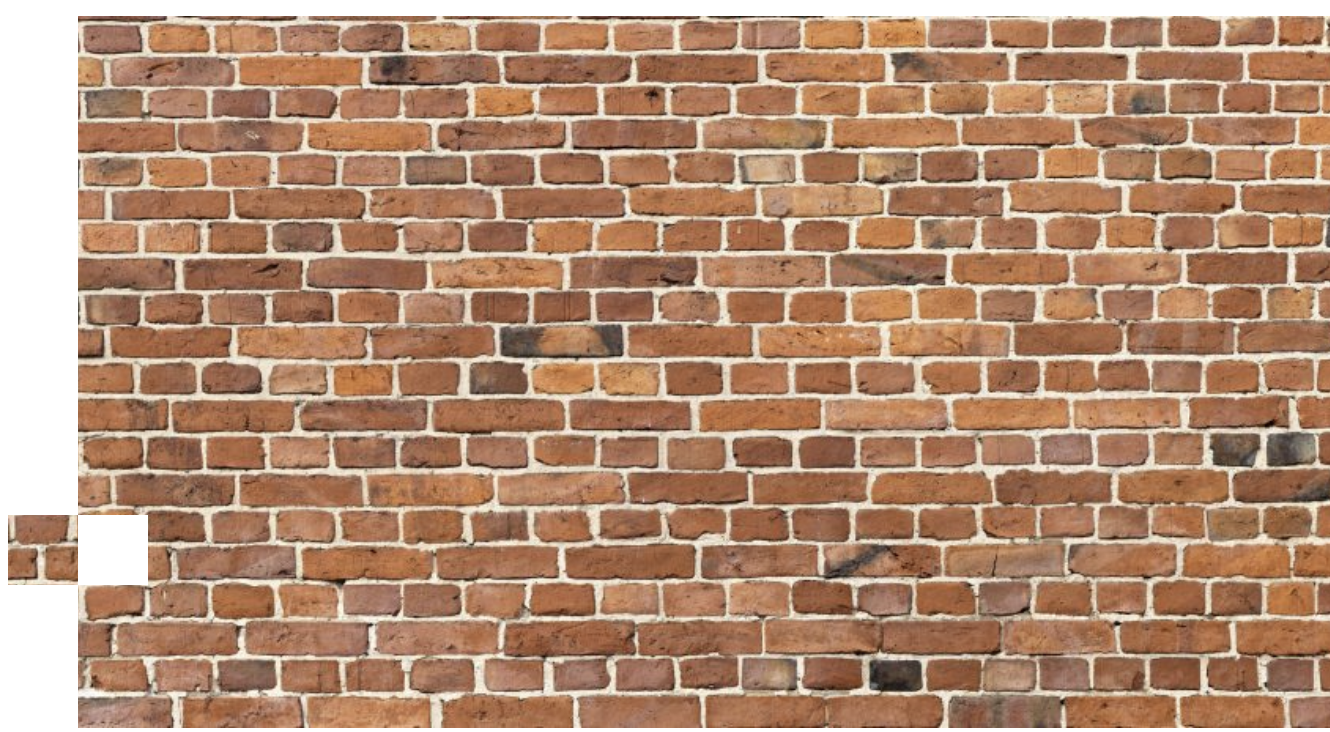
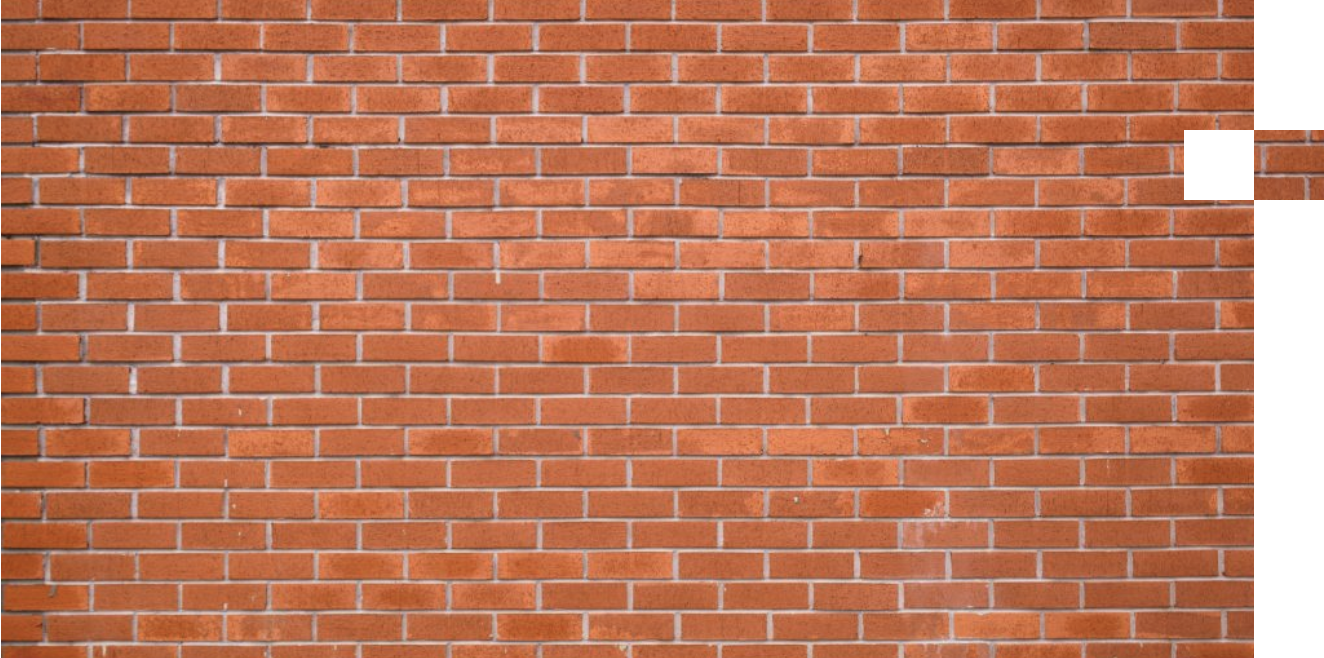
Cavity wall
If your home has cavity walls, the bricks will usually have an even pattern with all the bricks laid lengthways.
Internal wall insulation
Internal wall insulation is done by fitting rigid insulation boards to the wall, or by building a stud wall filled in with insulation material such as mineral wool fibre.
Internal insulation:
- Is generally cheaper to install than external wall insulation.
- Will slightly reduce the floor area of any rooms in which it is applied (the thickness of the insulation is around 100mm).
- Can be quite disruptive, but can be done room by room.
- Requires skirting boards, door frames and external fittings to be removed and reattached.
- Can make it hard to fix heavy items to inside walls – although special fixings are available.
- Cannot be done before fixing any problems with penetrating or rising damp.
External wall insulation
External wall insulation involves fixing a layer of insulation material to the wall, then covering it with a special type of render (plasterwork) or cladding.
The finish can be smooth, textured, painted, tiled, panelled, pebble-dashed, or finished with brick slips.
External insulation:
- Can be applied without disruption to the household does not reduce the floor area of your home.
- Will renew the appearance of outer walls.
- Will improve weatherproofing and sound resistance.
- Fills cracks and gaps in the brickwork, which will reduce draughts.
- Increases the lifespan of your walls by protecting the brickwork.
- Reduces condensation on internal walls and can help prevent damp (but will not solve rising or penetration damp).
- Best installed at the same time as external refurbishment work to reduce the cost.
- May need planning permission – check with your local council.
- Requires good access to the outer walls.
- Not recommended if the outer walls are structurally unsound and cannot be repaired.
Get In Touch!
Contact us today to discuss your next project. Upon submitting your details, one of our team will be in touch. Alternatively, call us on 0740 460 9794 or email us at admin@fastwayconstructions.co.uk.
Explore Further


